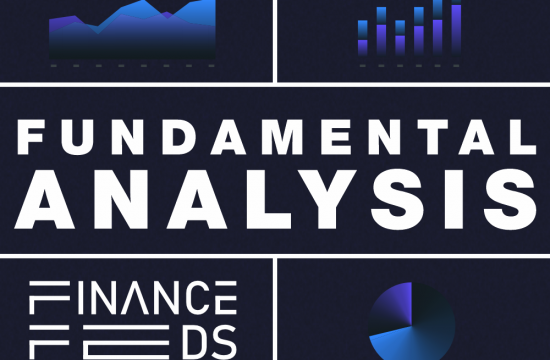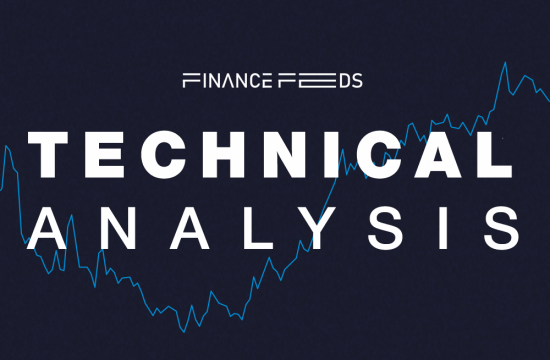 The World Federation of Exchanges has issued a statement on coronavirus (Covid-19) and current market volatility, asking participants to reassess their investment valuations and associated derivatives as the situation develops.
The World Federation of Exchanges has issued a statement on coronavirus (Covid-19) and current market volatility, asking participants to reassess their investment valuations and associated derivatives as the situation develops.
“In an environment where uncertainty makes it unusually hard to price assets and for market-makers to operate, exchanges are providing the only way to establish consensus on these valuations in real-time”, the statement said. “As such, WFE members expect to continue to operate for as long as normal during trading days. CCPs, meanwhile, continue to take prompt action with respect to the credit risk associated with participants’ open positions. The WFE is in turn facilitating the exchange of best practice among its members, who operate over 150 such pieces of infrastructure in over 50 countries around the world.”
“Volatility has reached levels comparable with the Global Financial Crisis of 2008, with one-day losses not seen since 1987. The situation is made more challenging by high levels of indebtedness and already low-interest rates. As the global representative body of exchanges and CCPs, the WFE is working with our member community to share best practice, mitigate risk, and coordinate responses (where permitted by antitrust laws) during this crisis”, the entity continued.
WFE used the statement to remind participants of a variety of crisis measures to address the pressures on the financial system, including circuit breakers and pricing bands. The federation also stated that it is important that markets remain open and that the hours of trading remain as normal, to preserve the benefits of price formation and access to liquidity for society. This will help central banks to transmit their monetary policy and promote financial stability.
Nandini Sukumar, Chief Executive Officer, WFE, said: “In a crisis, you need finance more than ever, and how else are people going to be able to operate that without central markets? Indeed, it is hard to envisage any benefit from closing markets during a period of already heightened uncertainty – particularly not to investors. Policymakers and central bankers, as well as market participants, need as much accurate and reliable information to help manage the situation. Every market infrastructure, exchange, and CCP, is working towards maintaining open, safe and resilient markets through this time. Exchanges and CCPs enable businesses to fund, investors to price assets and manage risk appropriately, and central banks and policy makers to promote financial stability; they should be allowed to do so with normal trading hours and appropriate support from policymakers.”












